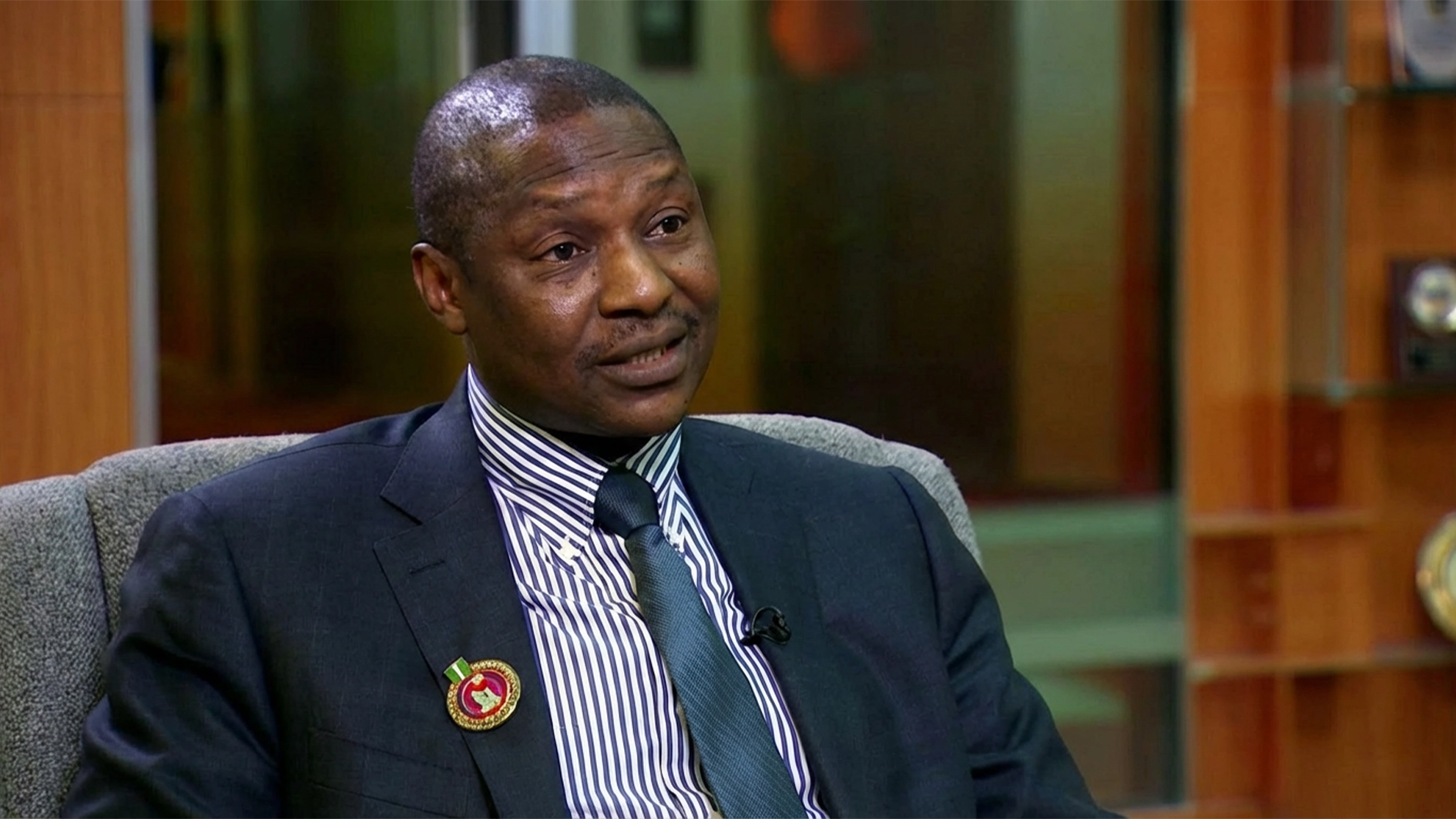A former UK judge and governance expert, Dr. Charles Omole, has criticised Nigeria’s frequent constitutional amendment efforts, describing them as a misplaced priority that undermines the authority of the country’s supreme legal document.
In a post on his verified X account, titled: ‘On the Ridiculous Habit of Constant Constitutional Amendments in Nigeria’, Dr. Omole said the recurring practice by each new parliament to launch amendment processes has reduced what should be “a solemn, rare, and historic undertaking” to a routine political activity.
“It has become almost a ritual in Nigeria that every new parliament must announce its intention to embark on constitutional amendments,” he wrote. “What ought to be a solemn, rare, and historic undertaking has been reduced to routine, like a budget cycle. This is both absurd and tragic.”
Comparing Nigeria’s amendment record to that of the United States, he noted that the U.S. Constitution has been amended just 27 times in over 200 years, “each after deep national consensus and debate.”
He argued that Nigeria’s frequent amendments resemble the efforts of “a bad tailor altering the same ill-fitting garment every four years,” with little improvement in outcome.
Dr. Omole questioned the motives behind the amendment trend, suggesting it may be more about “corruption, political self-interest, and legislative relevance-seeking” than actual national reform.
He argued that the focus on piecemeal changes distracts from the broader issue of whether the 1999 Constitution, drafted under military rule, should remain the foundation of Nigeria’s democracy.
He wrote, “On the Ridiculous Habit of Constant Constitutional Amendments in Nigeria
“It has become almost a ritual in Nigeria that every new parliament must announce its intention to embark on constitutional amendments. What ought to be a solemn, rare, and historic undertaking has been reduced to routine, like a budget cycle. This is both absurd and tragic.
“A constitution is not a school notebook to be rewritten at every sitting. It is meant to be the enduring framework of a nation’s political life, stable enough to outlast governments and generations, yet flexible enough to allow for carefully considered adjustments when truly necessary. That is why the American Constitution, in over two centuries, has had only 27 amendments—each after deep national consensus and debate. By contrast, Nigeria amends its constitution like a bad tailor altering the same ill-fitting garment every four years, and still it does not fit.
“The question then arises: is this frenzy of amendments driven by genuine national need, or is it simply a smokescreen for corruption, political self-interest, and legislative relevance-seeking? Far too often, it appears to be the latter. Instead of addressing the structural flaws that require a bold, holistic conversation—whether Nigeria should even retain this 1999 military-imposed document—successive governments waste time and resources tinkering with clauses, producing little change and even less confidence.
“The tragedy is that this constant tampering weakens the dignity of the constitution itself. A people who watch their lawmakers rewrite the rules every four years begin to see their foundational law as a temporary pamphlet, not the solemn covenant it is supposed to be.
“Until Nigeria confronts the deeper question—whether we want a people-driven constitution that commands respect, or a patchwork document that invites ridicule—this cycle of endless, meaningless amendments will persist. And with it, so will the crisis of governance.”






